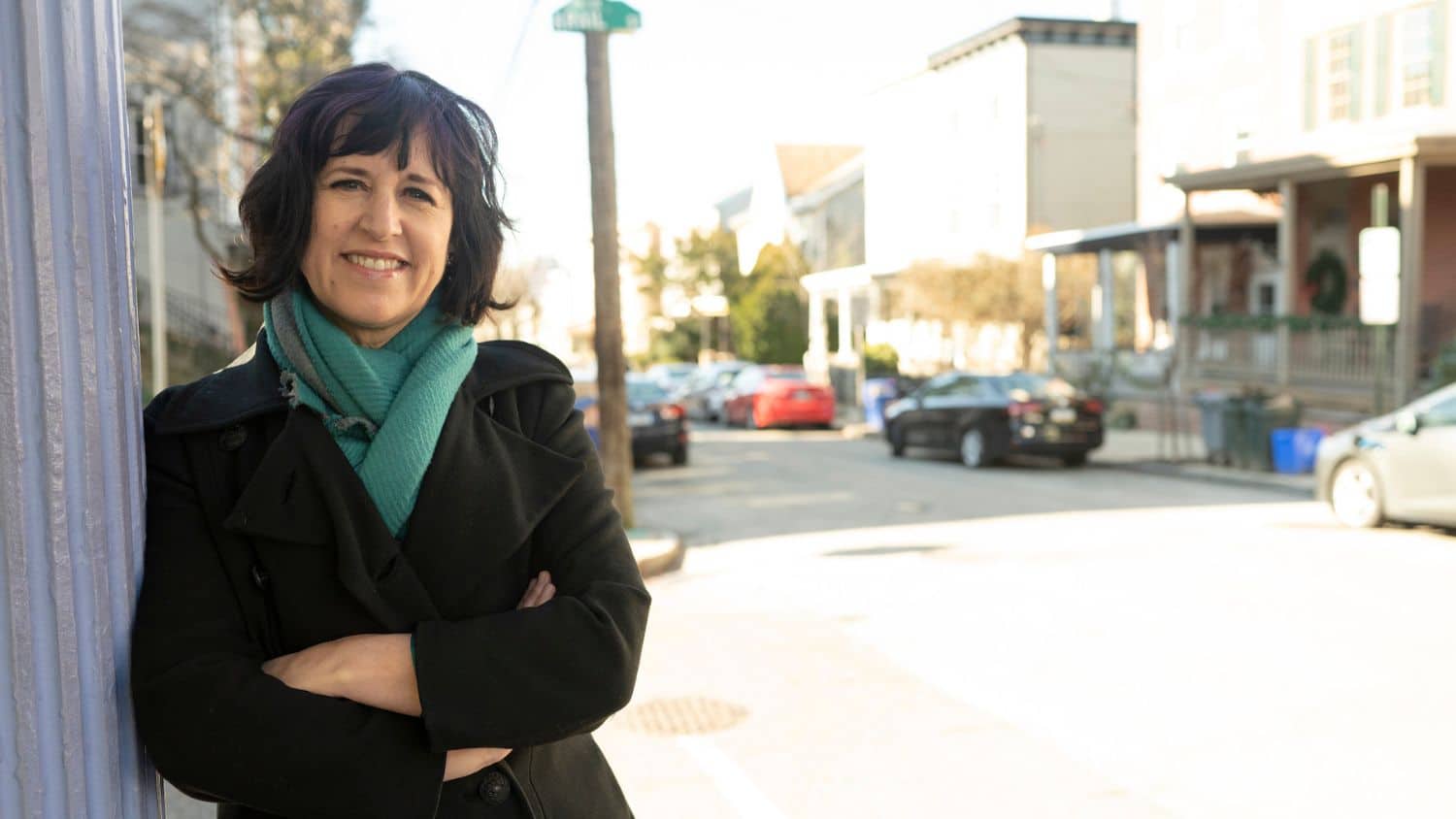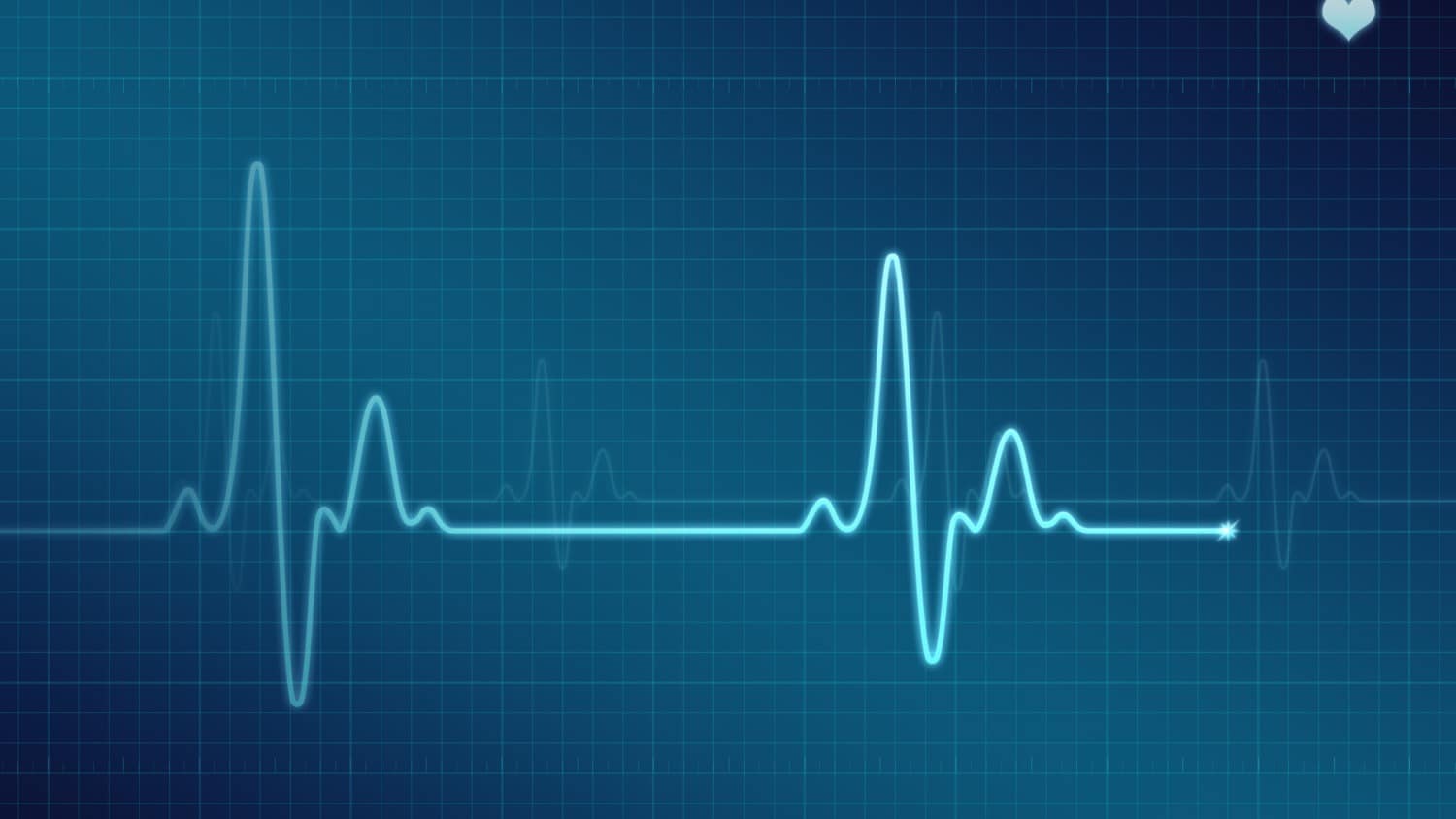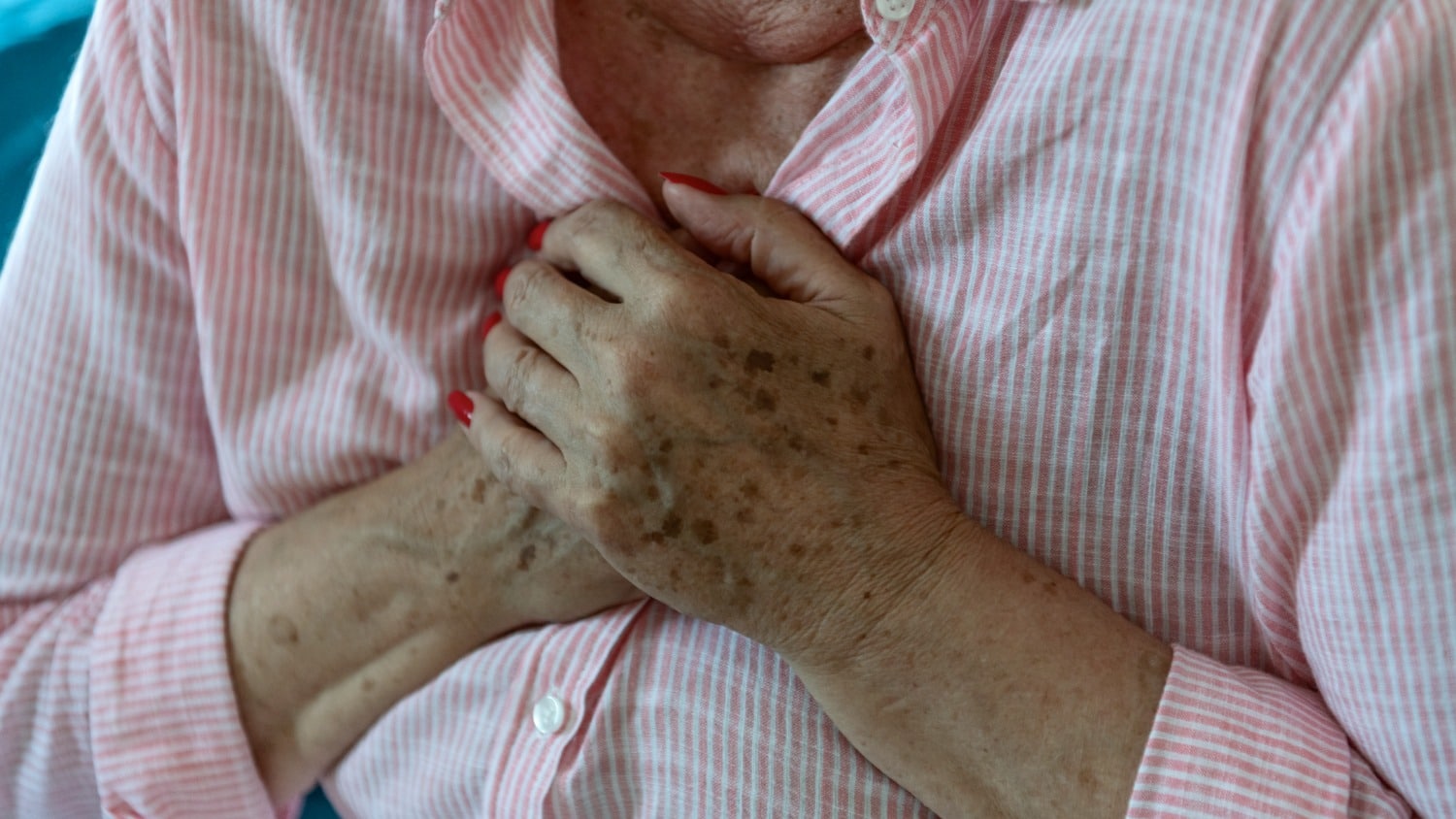
How I’m Working on Stopping Osteopenia in Its Tracks
I have always tried to keep healthy, so it was a shock 18 months ago to discover I had osteopenia in my lower spine. I’d decided to have a routine DEXA imaging scan and discovered that my score for bone mineral density was in the range of osteopenia.
Living with osteopenia is like being in the waiting room for osteoporosis, a condition where bones are so weakened they can easily break. It was time to get to work on my bones.
I’ve always exercised, been careful of what I eat and have no problem sleeping. But, as I’m learning, that’s not enough to keep osteopenia at bay.
And I’m not alone. Over half of women will develop osteopenia post menopause.
Step 1: Topping Up My Calcium
Research estimates that we’re losing around two per cent of our bone mass each year after menopause. That’s a lot. By the time we finish menopause, we could have lost up to 20% of our bones!
So what’s to do?
First, my primary care doctor recommended I look at taking a calcium supplement. So I did my research – and the Bone Health and Osteoporosis Foundation recommends 1,200 mg of calcium a day for women aged 50 and older.
I calculated I could get half my daily calcium needs through food; especially from dairy products like yogurt and cheese, and canned fish like sardines.
I put those on the menu and started on a good calcium supplement including vitamin D and K to make sure the calcium got out of my blood and into my bones.
I kept supplementing calcium for 18 months and went back for another DEXA scan. I expected the results to be positive. I’d done the work, so now my bones should have strengthened. Right?
Wrong. My scan results were much the same, maybe a little worse.
Step 2: Work on My Estrogen
OK. In my case, calcium on its own was not enough. So, now I’m adding a second step: boosting my estrogen.
Up until menopause, we produce three estrogen hormones naturally. They have a protective effect on our bones, by promoting the activity of cells that make new bones.
So, now I’m topping up my estrogen levels through a topical cream that includes estrogen with another female hormone, progesterone. Studies have shown that this method of delivering estrogen made a three to four per cent improvement in bone mineral density.
Let’s see how that goes. As I’m learning: prevention is personal. My doctor can guide and advise, but I need to be aware of my health data and suggest actions based on the results.
How Can I Get a DEXA Scan?
Thankfully, we now have modern tools like a DEXA scan that can give us a baseline reading as to where we are in terms of bone density.
If you’re in the US, your primary care can order a scan, and most insurers will cover a scan every two years. In the UK, NHS guidance is that DEXA scans are for people over 50 with a risk of developing osteoporosis. Given the data, I’d say that’s every woman. So: please talk to your doctor about getting one.
It’s a similar procedure in Australia: your GP can refer you for a scan. It’s painless and only takes 10-15 minutes. So please get scanning!
Why Doesn’t My Doctor Mention Bone Loss?
I’ve written on this topic before. As a society, we’re used to putting our health in our doctors’ hands. But doctors are trained to treat sickness. Wellness is up to us.
If you want to dig more into the subject of bone thinning and the options open to you, I found this helpful summary from The North American Menopause Society.
Editor’s Note: To become a better advocate for your health, you may also want to look at the Echolight technology which scans for bone density without the use of radiation.
Let’s Have a Conversation:
What is the state of your bone health? Have you done a DEXA scan in the past two years? What are you doing to better your bone health? Do you take any vitamin supplements and/or hormones?
Tags Medical Conditions







The best place to start is to get Dr. Keith McCormick’s book, “Great Bones.” Osteoporosis and osteopenia are very complex situations and not due to just a few things. They are whole body situations and you have to address the whole body to make improvements. That being said, osteopenia does not have to lead to osteoporosis. Everyone loses bone density as they brow older – everyone. It’s normal. Start doing what you can to maintain what you have. Dr McCormick’s web site is very informative and there is a lot of balanced and professional information there. Too much to describe here.
Thanks Claudia – I’ve just ordered the book! Good timing – it’s just come out this month. Much appreciated
I had crippling menopausal symptoms when I was in my mid/late 40s, but because the GP ‘didn’t believe’ in HRT – and I was ignorant that the symptoms were caused by the menopause – I didn’t push for it.
It was only when a friend encouraged me to see her gynaecologist (privately!). She prescribed HRT and I later had a DEXA and found that I, too, was osteopaenic throughout most of my spine.
The good news is that with better health (as I was on HRT), I was able to resume walking and jogging (not running). Now with the help of HRT and exercise – my last DEXA scan showed that my spine is almost ‘normal’. So in my early 60s my spine is in much better shape than it was at 48!
Ladies, we need to push the medical profession to take notice of us and get the help we need.
Hi there! I am in Canada and recently, I too, was curious about my bone density and wondered if I was eligible to have a screening. I am 64 years old and my poor mom complains every day about waking up in pain due to her arthritis:(. Otherwise, she is in good health. She always says aging is no fun! I don’t want to be like Mom!!! So, my doctor said it is not routinely given until you turn 65 or have had some fractures, etc. So, I have to wait but I know prevention is better than the cure!! Thank you for your timely article.
I started having Dexa scans in my early 40’s since I had many risk factors. Every 2 years I was seeing worse scans showing osteopenia and early osteoporosis. My doctor put me on Fosamax but after 1-1/2 years I stopped taking it due to research showing it can cause bones to be more brittle, etc. I started supplementing calcium with vitamins D & K2. Increased my intake of Omega 3’s and walking daily. My last scan in Oct. 2022 showed no increase in bone loss so I think I’m on the right track to halting bone loss and hopefully reversing some of the loss. It is doable but you have to be persistent. Estrogen, in my mind, is not a good idea since it raises your risk of breast cancer.
Thanks Suzie – such a great conversation and good for you for being proactive. Estrogen did get a bad rap after the results of the Women’s Health Initiative but that is now being reassessed – I’ll keep you posted as to how I get on
I tried everything and finally my Specialist put me on a drug called Raloxifene ….it works..my Dexa scan is above the line..I do also take Calcium but have been taking for 20 years..think I will save the NHS and stop taking those…do look into the Raloxifene please.
Thank you Wendy – I will definitely look into raloxifene